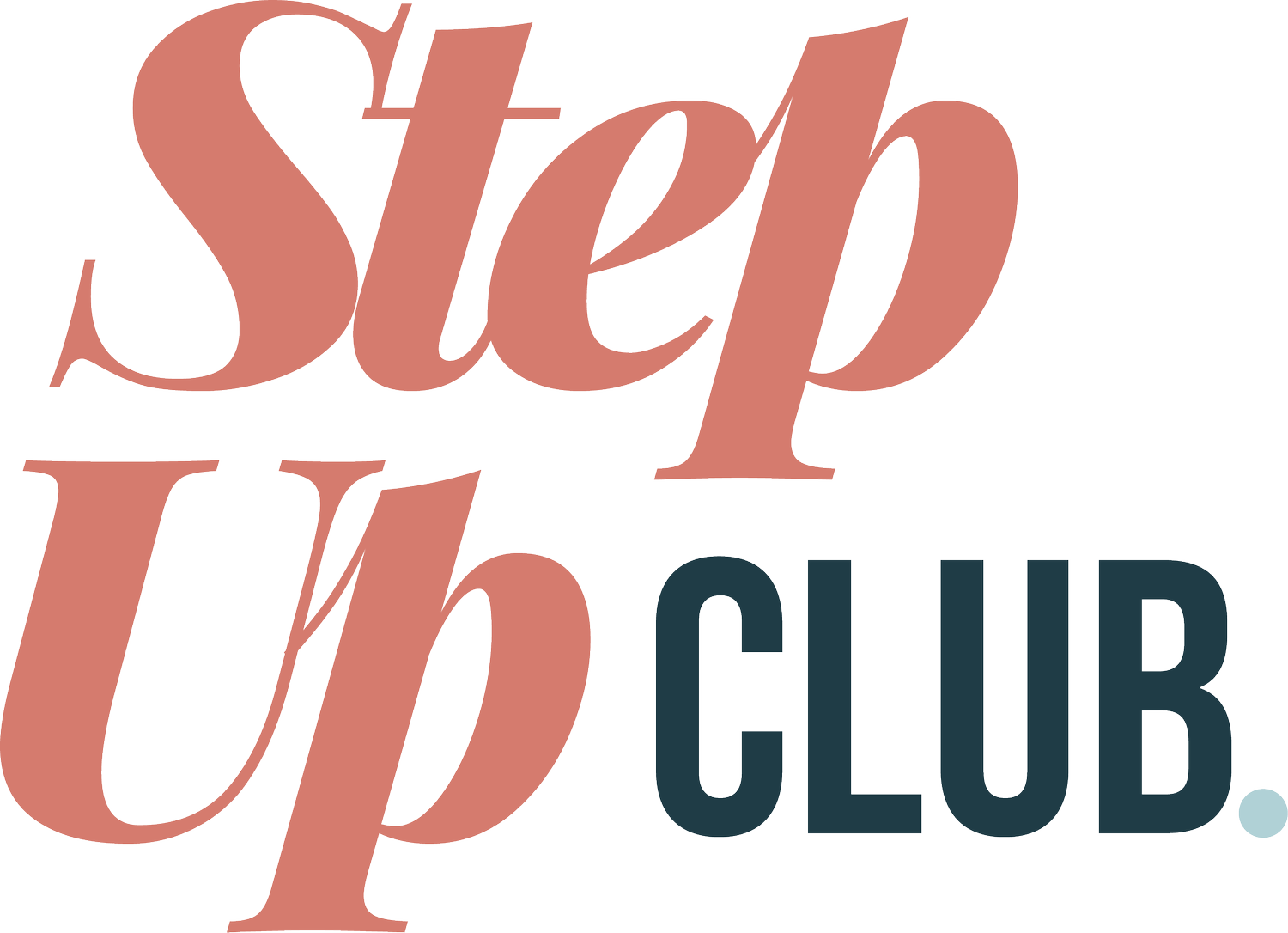Arguing With My Husband
I don’t often talk about my personal life, so here goes nothing.
Last week I argued with my husband and it took up all of my mental and physical capacity.
The disagreement had started brewing the night before. I’d laid into him about him relying on me too heavily as his personal PA (I may have swore; yes we need a shared calendar) and it had pissed him off.
I definitely went overboard. But here is my defence:
I was premenstrual
Life is hectic right now, so many end of term dates plus work is busy and exciting; I don’t have bandwidth for telling him the same details 4 times over
I am probably feeling a bit like an island right now, for myriad, non-dramatic reasons
And so I had a go at him. He took it (as he does) and actually, we ended up having a nice evening out where we sat on a couch at an event, sipped Aperol spritz and chatted about some big stuff. We had a laugh, but it was all tinged with our misplaced start to the proceedings.
The next morning he threw it back in my face. He was frustrated by a few house related reasons (why do things always break at the most inconvenient times?!) and in the midst of his annoyance, he said a couple of nasty things.
It wasn’t anything bad, per se, but it felt unnecessary. It was a very negative view of an on-balance, nice evening and he’d taken his frustrations out on me in an instant.
We then spent the day WhatsApping each other. Not a great setting for a marital discussion, granted. It was all, truthfully, a bit of a storm in a teacup. I think we’re both feeling mounting, pre-summer pressure and instead of having a rational conversation, we reverted to squabbling teenagers. A natural response, I find, when tiredness, children and work get in the way.
Why am I telling you all of this? Because at the root of the issue is our current lack of communication. Like I said, nothing dramatic, but when you keep things in, when you bumble along, ignore the conversations that probably need to be had, then tension rises, you go into red-mode, without really realising it, and BOOM.
I don’t work in a big team, so tensions like this never seem to play out for me, in a career context. I know, though, that this pattern happens between colleagues, between managers and their teams, across companies and industries even.
You accept a status quo that you don’t respect in another's' actions.
You allow bad behaviour to slip.
You start responding to situations in ways that you don’t like, or feel unnatural, because you’re irked and frustrated.
You might go BOOM, or worse, probably, you might internalise and start doubting yourself.
You might lose some self-worth, and believe you’re not good enough.
Managing a difficult relationship at work is erosive and destructive in so many ways. Just to reassure you, my marriage isn’t like this, our argument was an unusual blip, but it made me think about the complexities when we work so closely with other people.
A great tool, if you are tightly knotted into a challenging work relationship, is the Betari Box. This simple model can help you to understand the impact that your attitudes and behaviours have on the attitudes and behaviours of those around you - and vice versa. It is a useful prism through which to explore what’s going on, giving you the clarity and language you might need if an important conversation looms. The Betari Box has empathy at its core, which is another reason why I recommend it.
This is how the clever people at Mindtools explain the Betari Box. Our frame of mind plays a large role in the behaviour we exhibit. When we're feeling motivated and positive, we smile, we compliment our team, and we empower those around us.
When we're feeling negative, the reverse is often true – we can be impatient, we get angry, we might even yell or argue, and we can demotivate people.
As these behaviours affect the people around us, they direct those negative behaviours back on us – and the conflict gets worse. Although the idea of the Betari Box is quite simple, understanding it can help people to recognise when they're stuck in a negative cycle.
The Betari Box absolutely helps build empathy, we often need the tools to cope though too. Here at Step Up Club, we often run live workshops on Managing Difficult Relationships and Building Strong Teams. If you are keen to develop in these areas and learn how to break this cycle of conflict before it before it takes it toll, think about joining our wonderful Community.
Find out more about the Step Up Club Community. Recently, we launched Corporate Membership, to enable businesses to join up to 30 of their female staff into our unique, learning and development system.
Email Alice to find out how your company can support you too.

